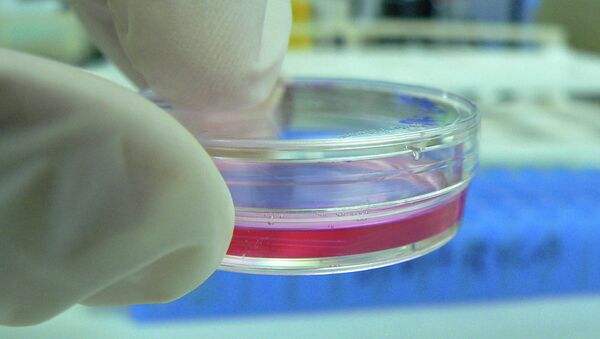All too often, parents head to the doctor at the first sign of a sneeze or sniffle, trying to find comfort for their children. This results in about 30 million antibiotic prescriptions each year. However, most of those infections are caused by viruses that don’t respond to antibiotics. According to researchers at the Seattle Children’s Hospital, only 27% of acute respiratory tract infections are caused by bacteria. That means more than two-thirds of these infections are viral, not bacterial, and antibiotics just don’t help.
However, the study in question, which seeks to quantify financial costs, urges governments to act now, on a strictly macroeconomic basis, as the issue goes beyond health policy.
“One of the things that has been lacking is putting some pound signs in front of this problem,” says Michael Head at the Farr institute, University College London, UK.
He expressed hope in tackling antibiotics by looking at how a response to HIV came about, saying: “The world was slow to respond [to HIV], but when the costs were calculated the world leapt into action.”
Head recently totted up R&D for infectious diseases in the UK and found gross underinvestment in antibacterial research to be around £102 million ($127.7 million) out of a total of £2.6 billion ($3.25 million). Other research shows that less than 1% of available research funds in the UK and Europe were spent on antibiotic research in 2008–2013.
Law expert Kevin Outterson described antibiotic resistance as a “slow moving global train wreck.” He added that return on investment and volume sales need to be de-linked.
“Instead of companies getting their return on R&D investment by selling volumes of product, they would be paid something by governments or health players for access to that antibiotic,” he explained.
Ursula Theuretzbacher at the Center for Anti-Infective Agents in Vienna, Austria, suggested re-using old drugs as a new approach to tackle infections.
“Developing new antibiotics will take many years and we cannot wait,” she added.
“When we understand a threat, governments respond with energy and with money,” Outterson says.
The U.S. recently agreed to put over $5 billion into fighting Ebola.
“The threat posed by bacterial resistance is even greater than that of Ebola,” he adds.
”If this report accurately predicts the world we live in in 2050, then we will have failed on a monumental scale to preserve a global public good.”




